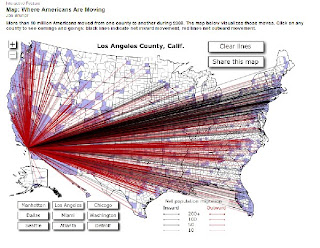In their book Chips and Change, Professors Clair Brown and Greg Linden, of the University of California, Berkeley, analyzed Bureau of Labor Statistics and census data for the semiconductor industry and found that salaries increased dramatically for engineers during their 30s but that these increases slowed after the age of 40. At greater ages still, salaries started dropping, dependent on the level of education. After 50, the mean salary of engineers was lower—by 17% for those with bachelors degrees, and by 14% for those with masters degrees and PhDs—than the salary of those younger than 50. Curiously, Brown and Linden also found that salary increases for holders of postgraduate degrees were always lower than increases for those with bachelor’s degrees (in other words, even PhD degrees didn’t provide long-term job protection). It’s not much different in the software/internet industry. If anything, things in these fast-moving industries are much worse for older workers.
The New Testament Documents
16 years ago



